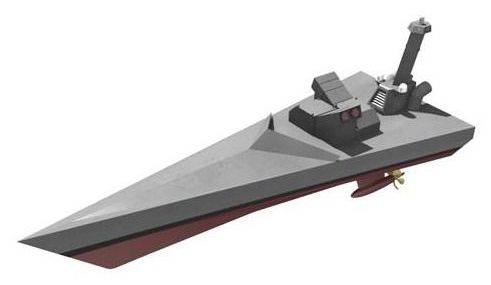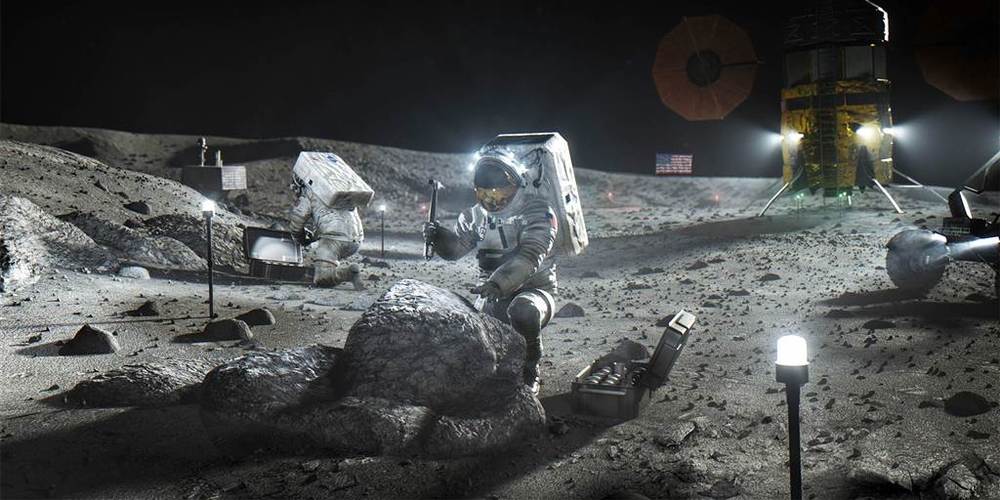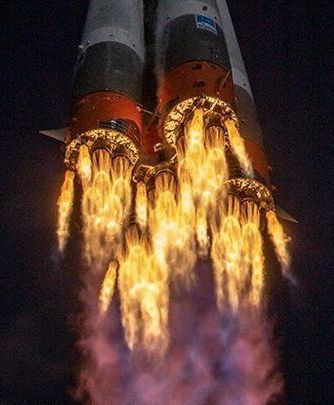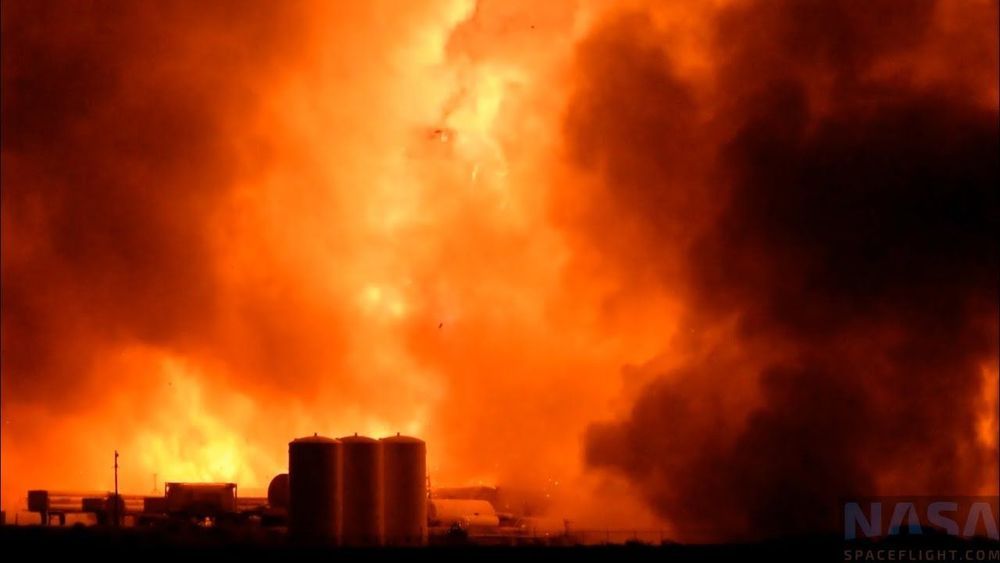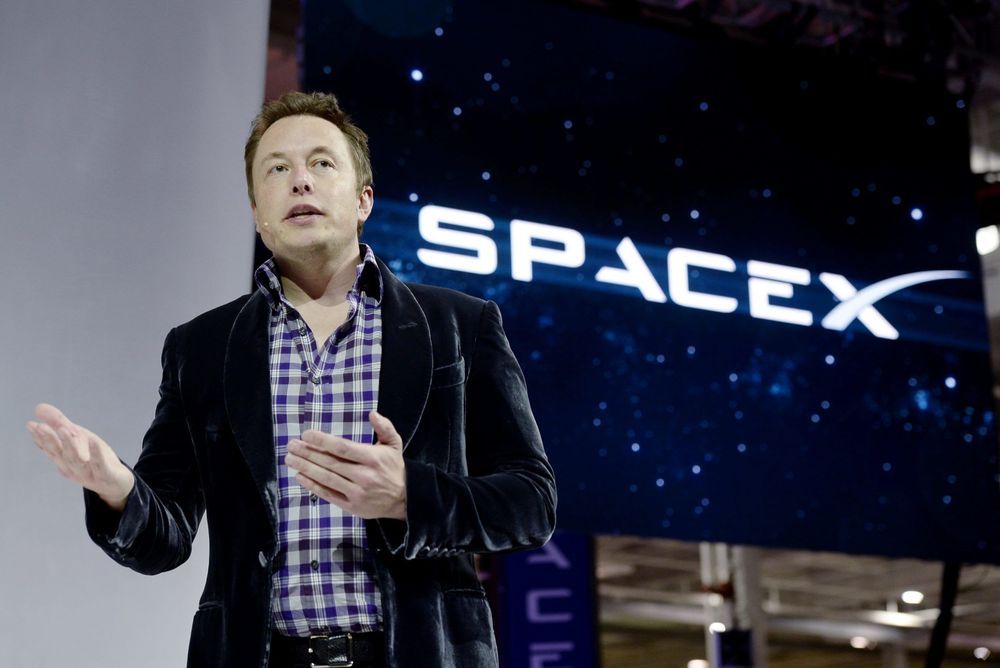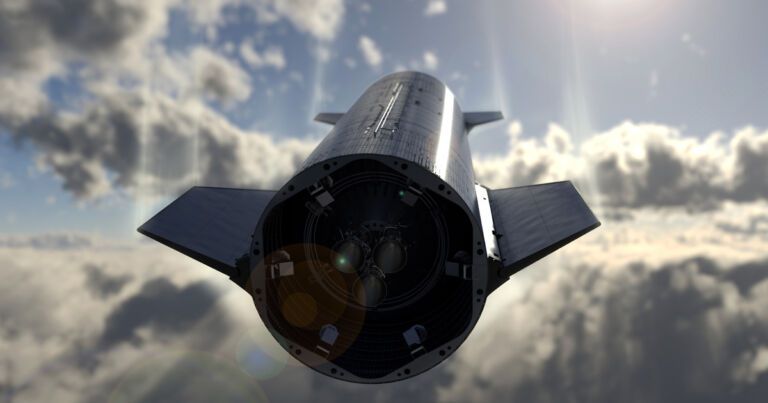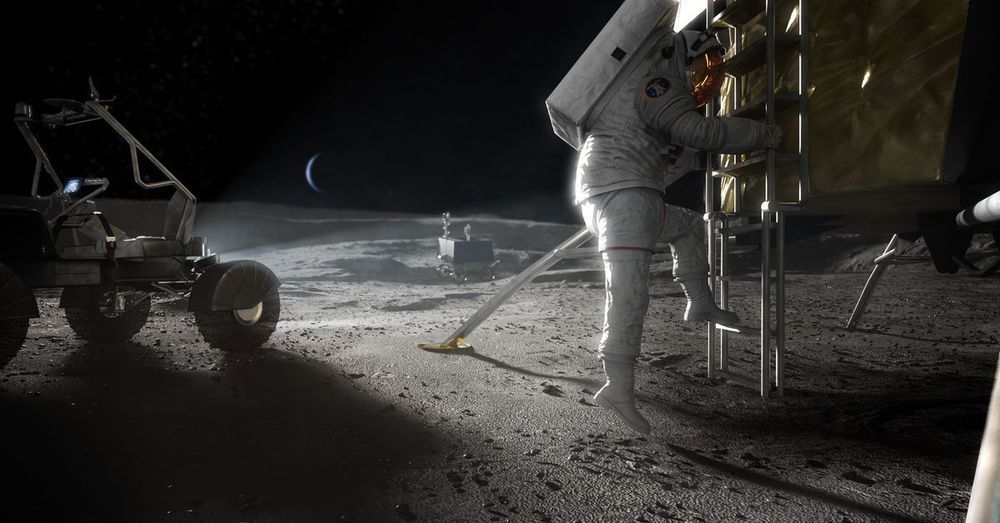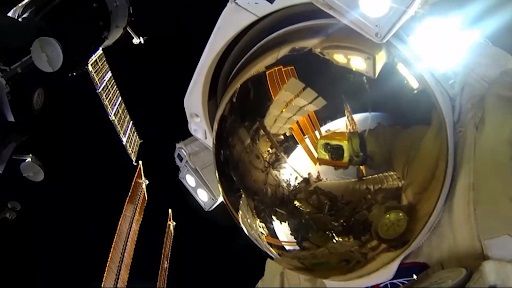Oct 16, 2020
The No Manning Required Ship (NOMARS) Program kicks off trade space analysis and conceptual design for long-endurance Unmanned Surface Vessels (USV)
Posted by Saúl Morales Rodriguéz in categories: health, military, robotics/AI, space travel
Seven performers selected to pursue novel USV concepts and enabling technologies.
DARPA has awarded seven contracts for work on Phase 1 of the NOMARS program, which seeks to simultaneously explore two competing objectives related to unmanned surface vessels (USV) ship design: the maximization of seaframe performance when human constraints are removed; and achieving sufficient vessel maintenance and logistics functionality for long endurance operations with no human crew onboard. NOMARS aims to disrupt conventional naval architecture designs through creative trade space explorations that optimize useable onboard room considering a variety of constraints. This should pave the way for more capable, affordable small warships that can be procured and maintained in large numbers.
Autonomous Surface Vehicles, LLC, Gibbs & Cox Inc., and Serco Inc. received Phase 1 Track A awards, and will work toward developing novel NOMARS demonstrator conceptual designs. These awards will focus on maximizing vessel performance gain across new design criteria, with potential considerations to include: unusual hull forms, low freeboard, minimizing air-filled volumes, innovative materials, repurposing or eliminating “human space” exploring distributed system designs, and developing architectures optimized for depot-maintenance.
